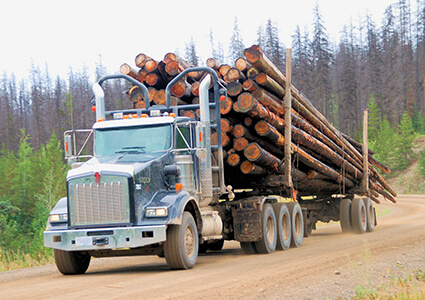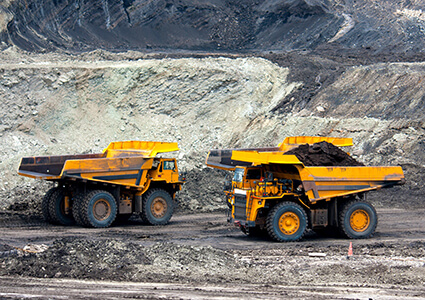2 | Renewable and Non-Renewable Resources
Renewable and Non-Renewable Resources
- Natural resources can be divided into two main categories – renewable resources and non-renewable resources.
- A renewable resource is a resource that can be replenished in a relatively short period of time – in other words, within a human lifetime.
- Renewable resources include:
- Resources that are instantly replenished and can never be used up, such as sunlight and geothermal energy.
- Resources that can be replenished on a human timescale, if managed properly, such as water and forests.
- A non-renewable resource is a resource that can only be replenished over a long period of time or not at all.
- Non-renewable resources include:
- Resources that take far longer than a human lifetime to replenish, such as soil and fossil fuels.
- Resources that have a finite supply and can never be replenished, such as metals.


Renewable resources can be replenished instantly or in a relatively short period of time.
Non-renewable resources can only be replenished over a long periods of time or not at all.
(Images: Math Machines, Adobe Stock; pkproject, Adobe Stock)

